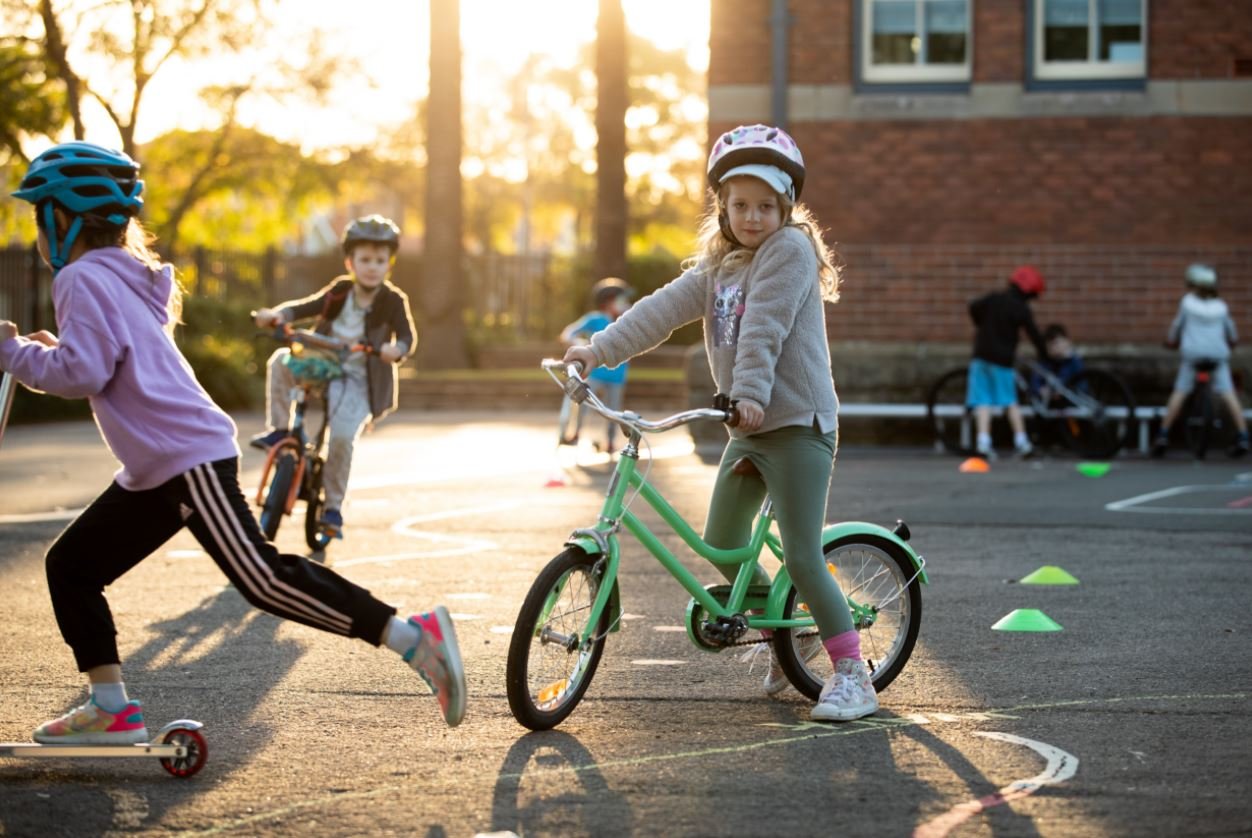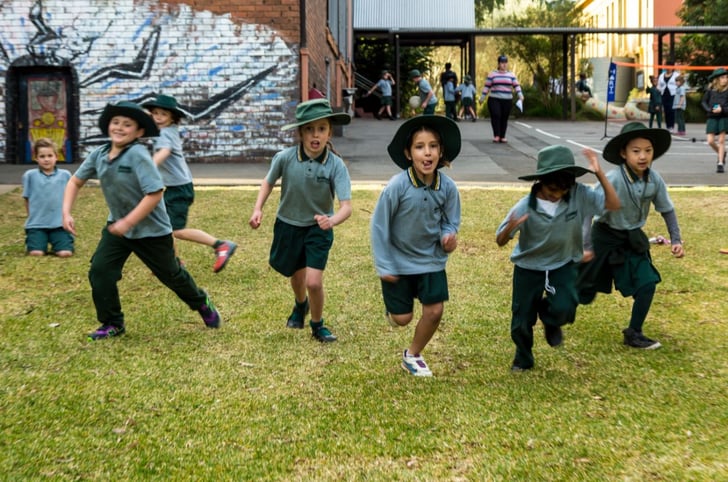Key Points
- Gowrie NSW are excited to host Educators from Hilltop Institute in Seattle who will facilitate a series of thought-provoking webinars this year.
- For the first webinar in April – Educators will share examples of how intentional presentation can bring meaning to the materials, foster learning across developmental domains, and support anti-bias education and emergent curriculum.
- Jessica Horne-Kennedy spoke to Patricia Ruas & Django Bauch from Hilltop and asked some questions about the philosophy underpinning their work with children and families as well as what will be shared in this first webinar.
On this page
Theorists/ Philosophers that inspire teaching and learning
How to see and plan the learning environment?
Environmental Provocations as Invitations to Learning
What are the benefits of attending this webinar?
For educators and teachers in Australia who may not know about the Hilltop Institute can you share a little about your organisation – your philosophy and approach to curriculum?
Hilltop is located in Seattle, WA, in the traditional lands of the Coast Salish People and Duwamish People. We are a non-profit school, founded in 1971 by a group of parents looking for after-school care for their children. Throughout the past 50 years, Hilltop has evolved and has grown into an organisation that embraces pedagogical influences from the Montessori Method, Reggio Emilia, Emergent Curriculum, and social constructivism philosophies.
Through the ideas, imagination, and initiative of our whole community, Hilltop is an organization of reflection, growth, collaboration, and community. Our values are rooted in Learning in relationship, Anti-bias curriculum, Organizational Integrity, and Leadership in community.
During the 2000s, through books, articles, and videos, Hilltop’s visibility grew in the early childhood field both nationally and internationally. Early learning professionals began to visit our school to learn about our work with children. Hilltop’s Institute for Professional Development was born out of our faculty’s desire to better our own teaching practice by collaborating with the early childhood education community, early learning professionals’ request for leadership from Hilltop, and the organization’s need to continue to grow and strengthen.

Who are some of the theorists or philosophers that inform and inspire teaching and learning at Hilltop?
Hilltop is a place that explores emergent curriculum, reflective teaching practice, and pedagogical documentation. We see the children at Hilltop thinking critically about their world, connecting in profound ways with each other, and experience great joy in their learning. As a faculty and family community, for us to continue to learn in relationship and grow as an organization, we find inspiration from indigenous teachings, Jean Piaget, Lev Vygotsky, Howard Gardner, Maria Montessori, Loris Malaguzzi and Paulo Freire.
During your series last year for Gowrie NSW, I learnt that for Hilltop, Anti-Bias and Social Justice are at the core of how you approach curriculum.
Can you share how these goals influence how you see and plan the learning environment for continuous improvement?
Life events occur around us and within us, that means that the social contracts forced upon us, the ones that reinforce racism and colonization find their ways into Early Education in insidious ways. Having our values rooted in learning in relationship and social justice curriculum, our goals run parallel to our values. As an organization, we support our environment, our families, children, and educators into redesigning a pedagogy for liberation. That translates into active listening for what children are bringing to the table, their assumptions, and perceptions of these insidious systems, as well as to being brave when having hard conversations, confronting wrong perceptions, and providing resources like books and materials to scaffold their exploration into dismantling those perceptions, and age-appropriate moments for children to process all this work.
How do these goals drive reflective practice and educator inquiry?
When having tangible tools, educators feel more empowered to show up and tackle these hard conversations in a more authentic way. No situation is identical to the other, neither are children. But to have resources at hand to be able to engage in a brave way, educators simply assume a posture where reflective practice and scaffolding for understanding is a natural by-product of the road of dismantling racism and colonialism.
In this first webinar: Environmental Provocations as Invitations to Learning, you will be sharing examples of how [to create] intentional presentation.
For those who are new to this concept of intentional presentation can you describe what it means in essence?
In essence, we are bringing materials together in spaces that provoke inquiry and meaningful play without expectation or bias towards a product or process.
Can you share one of your favourite examples of intentional presentation?
I love putting together a ‘canvass’ for children to create play experiences that are meaningful to them. To me, the ‘canvass’ is a combination of open-ended materials, loose parts and other things that can be brought together. In the picture below, I used a cardboard roof secured to a pair of wooden A frames with wooden dowels, tape and binder clips to create the ‘bones’ of a structure. During the several weeks it was in the classroom it transformed from a house to a pizza restaurant, a bus, a fire truck and more.
 .
.
After attending this webinar, what are some of the benefits that educators and teachers may take into their teaching and learning practices with children and families?
To look at the materials in your indoor and outdoor spaces with fresh eyes does wonders for your practice and your spirit! I hope that our colleagues in attendance will find inspiration and a renewed sense of wonder when working with young children.









